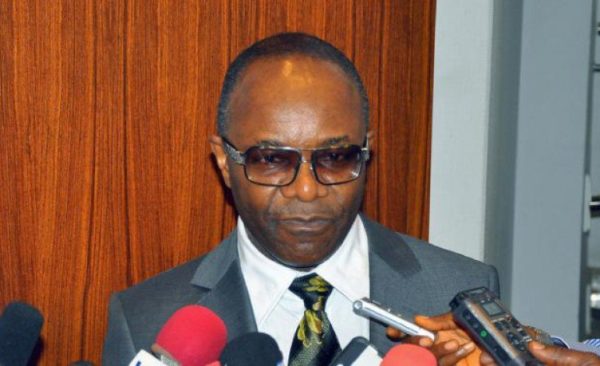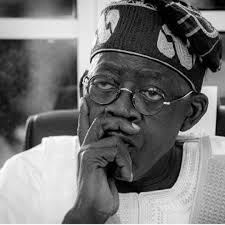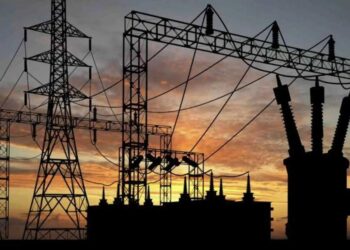Kachikwu said this while addressing State House correspondents on the outcome of the Federal Executive Council (FEC), presided over by President Muhammadu Buhari in the Presidential Villa, Abuja.
He said that the Council was briefed on the outcome of the ministry’s China roadshow which took place in January.
He said that $70 billion pledges were different from the pledges that were made earlier when President Buhari visited China “which was an all African type front basis; this is completely separate’’.
He announced that the ministry’s investment target in China was initially to raise 40 billion dollars, which was the total cost of the nation’s infrastructure gap for the oil industry.
He said that the China roadshow, however, raised pledges of over 70 billion dollars for NNPC and government related potential investments and loans facility.
The minister added that it would be a great achievement If the country could realise at least 20 per cent of the pledges.
Kachikwu disclosed that a 40-man business team from China would arrive in the country later in October.
According to him, some of the facility lines close to about four billion dollars, out of the 70 billion dollars pledges, are almost readily available as investment packages to the Nigerian economy.
“So, a lot more of work is still on the pipeline and how we would now crystallise this into actual investment, but we are encouraged by what we are receiving in terms of the distinction and the contacts.
“Hopefully by the end of the month when this 40-man team comes, we would be able to make substantial progress.”
According to Kachikwu, the Council also approved the hosting of international flare reduction convergence meeting in Nigeria between Nov. 30 and Dec. 1.
“We will use that as a chance to role out efforts by the ministry to address the flare.
“You are aware Nigeria is next to Russia in terms of the highest flaring nation.
“Even though we have progressed positively to reduce 70 per cent of the flare, the 30 per cent we still flare is about 10 per cent of the world’s flare. So, this is a huge amount of gas.
He, however, stated that the country was doing a lot in terms of gas policies which would embody the flare initiatives.
He said that Nigeria had signed onto the 2030 world Bank/UN led efforts made in eliminating flare completely by 2030.
“The memo was to intimate the council that we have been asked to host the flare conference and council approved the motion to host that.”
The minister said that the Council approved the resuscitation of the National Council on the Hydrocarbon.
According to him, the council is an ombudsman that meets once a year in an extraordinary times to review policies in the oil and gas sector of the nation’s economy.
“It should be a gathering of people from business, oil sector, oil communities and ministries that are directly or indirectly affected by the policies we role out in the ministry.
“The council had been in existence but in the last couple of years, disappeared into oblivion and today the council approved for us to resuscitate it.
“The criticality is that, as we continue the dialogue we have been having with militants, creating such a fora enables anybody who has an interest in the area, to converge and develop the thinking process that will guide policies in this sector,’’ he added.













